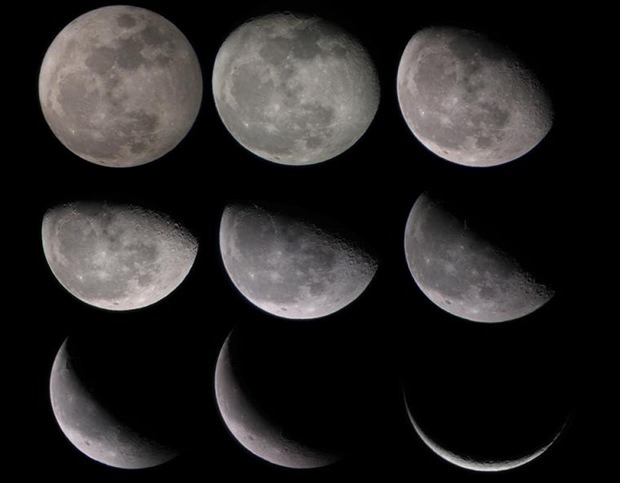There’s such a thing as too much.
That’s right, too much of a good thing is often too much.
 If you love ice cream, eating a cone every so often is a savory treat that coats your tongue with exploding flavors as its cooling succulence slips down your throat. Even eating it once a day, in small portions, is manageable. Force fed it continuously, hour after hour, every day, well I know that I will soon hate the stuff.
If you love ice cream, eating a cone every so often is a savory treat that coats your tongue with exploding flavors as its cooling succulence slips down your throat. Even eating it once a day, in small portions, is manageable. Force fed it continuously, hour after hour, every day, well I know that I will soon hate the stuff.
That’s how I feel about some bloggers I follow. Many I eagerly look forward to, soaking in their insights on the world around them. I enjoy reading about their inner struggles and their ways in coping with life.
What I don’t like are posts done six to ten times a day, touting this or that, or promoting their wares. I want to support them. I really do. However, I am finding that I simply delete the unread post from my inbox. I am treating the posts as junk mail. Yes, I know it’s not fair. However, is it fair to be inundated with a dozen posts or more every day? Nope. Perhaps you feel the same way?
Just over a year ago, I was working with a publicist that wanted me to post something of 300 to 600 words at least daily, more if I could manage it. The idea was that the more I post, the more people would find me, and follow. At the time, I knew nothing. I trusted what I thought of as an expert. So, I tried. Six months later, we parted ways, but I still decided to follow the recommendations.
What did it get me? I started hating the idea of posting an article, especially daily articles. It took a lot of time away from my novels, stories, and painting. I also started to feel like it was too much ice cream.
Fortunately, I suffered a severe concussion last summer that I am still dealing with the aftereffects today. What it did for me in posting articles was first, a well-needed break. Then, I had a whole new topic to write about and share.
In the writings, I knew that I had to give you, my readers, something they wished to read. I did not want to fill them with fluff about marketing my books. I wanted to give you want you liked. I also had trouble with cognitive and creative thought, so I landed upon the idea of posting the ‘Word of the Day.’ Using M-W, I used them to add my personal two cents to their daily word.
Easy I thought. The trouble was, I was really getting into researching the word, finding images to support the word and then adding my two cents. Towards the end of last year, I was spending upwards of two hours a day, fascinated by the word, and digging deeper into it. As the holidays rolled around, I found that I was, once again, getting tired of the daily grind of blogging.
 As you may have noticed, I have since cut down my posts to once or twice a week. I can manage that, I think. Since my cognitive and creative streams of thought are slowly returning, I am writing once again, focusing on the final tweaks to my new book, ‘The Trafficking Consortium.’ I’m even thinking about a sequel to the story, but that’s down the road.
As you may have noticed, I have since cut down my posts to once or twice a week. I can manage that, I think. Since my cognitive and creative streams of thought are slowly returning, I am writing once again, focusing on the final tweaks to my new book, ‘The Trafficking Consortium.’ I’m even thinking about a sequel to the story, but that’s down the road.
Limiting my posts gives me the time to work on why you follow me. Many of you are looking forward to my next release, and have written me asking when, et.all. How cool is that? Anyway, with summer approaching, I must decide between blogging and writing. I think writing is going to win every time.











































